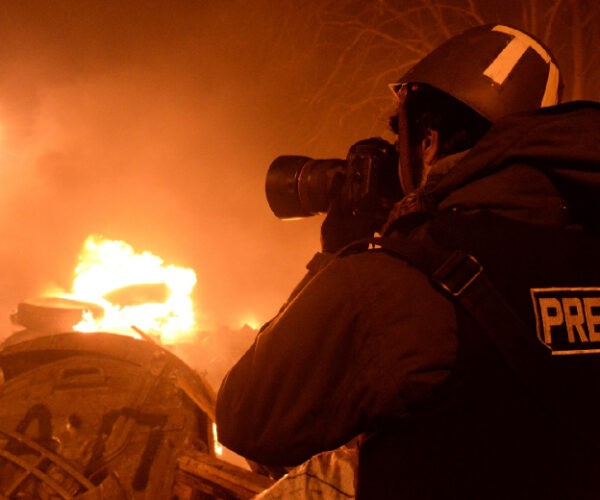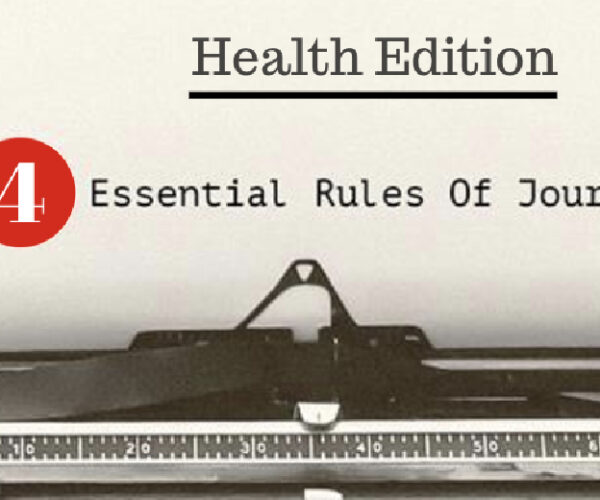After the development of modern journalism, it was Walt Lippmann who realized that journalists were no longer what they used to be. They would investigate stories and verify information before sharing with us. But now media is controlled by corporate agencies, so we only get one perspective presented to us without verifying any facts from a second source or other outlets.
An Iconic Figure In Journalism: late in his career, famed journalist walter lippman recognized changes within journalistic practice over time–that reporters are not investigating and providing verified news pieces for readers anymore; instead their role has been reduced largely into disseminating perspectives provided by corporate interests
In his award-winning book Flat Earth News, Nick Davies takes us through modern journalism and how it has brought the world into its control. With so many propaganda methods prevalent today, news is no longer relevant in the context of what media outlets care for; profits. From this insightful peek behind the scenes of major English newspapers such as The Guardian which he worked with before in a journalist capacity that is expansive beyond belief – one can see why we live presently in an age where news should be taken with skepticism while seeking out clear information on both sides of any given story from multiple sources without bias or prejudice.
Many propagandist methods prevail these days and it’s quite easy to manipulate new reports so they serve specific goals: relevance is not important anymore since
There are many different types of journalists, but one type is the “scrambled journalist.” They’re not as dedicated to their work like they used to be – in fact, you could say that these days they just go from event-to-event with a camera and note what’s going on.
It was once common for reporters or journalists who would rush out at any site where an interesting story had occurred – whether it were good news or bad. These people will then catch interviews with those involved in this occurrence before coming up with a nice little article about them based off of their experiences there. This isn’t really happening anymore though because of cost-saving measures; nowadays newspapers don’t spend much time on detailed reporting.
Media Influence
Imagine that you are sitting in front of your TV watching a show. You’re engrossed, totally captivated by what is happening on the screen and it’s not until an advertisement comes up after the commercial break when you notice where this sudden inspiration has come from: The media. Media influence-we know how it can shape people’s behavior, but have we ever considered how it can affect society as a whole? Using Cambridge Dictionary’s definition, propaganda involves spreading information or opinions that influence people’s opinion. So while there may be some truth behind these messages such as education campaigns for quitting smoking or drinking alcohol responsibly – they also serve another purpose aside from being helpful advice
A government can manipulate public opinion through media manipulation. We see this on a global scale with the CIA, who deployed more than 400 agents worldwide during the Cold War era. These spies contacted other writers in order to plant propaganda that they wanted published by publications all across Europe – even if these pieces were not true or unbiased at all times! This is just one example of how we can get manipulated into believing something false without knowing it ourselves .It’s been shown that there is a lack of research and investigative reporting in the world today. This can lead to false information as well as propaganda circulating, with many fabricated interviews being reported by PR companies who do so for their own agenda; according to statistics from Cardiff University, around 54 percent of news articles published in the United Kingdom contain these materials.
This poses problems not only because it spreads misinformation but also because 60% are made up entirely or mostly unverified reports where “news” items have merely been copied-and-pasted without any proofreading or even checking if they were true at all – creating an environment ripe for manipulation on both government levels and private sectors alike!
It is important to be informed. First, find stories which are relevant and don’t believe anything you read without verifying it with another source. Second, rely on multiple sources instead of just one (probable) propaganda source like the mainstream media or blogs from biased groups. Thirdly, support those who care about bringing out the truth so that we do not have a chilling effect in society where people fear protest for publishing what they know to be true while others continue operating as if there were no consequences whatsoever for their actions
Journalism is about telling the truth, but there are always exceptions. Should journalists be paid more?
We have a responsibility to tell the story of humanity and how it’s changing in front of our eyes for all time so that future generations can learn from us when we make mistakes – both as individuals and societies. But times change with technological advancements like social media platforms which allow anyone who wishes to reach an audience or political agenda without any journalistic standards whatsoever–whether they’re experienced at journalism or not–to do just that by publishing their thoughts on Facebook pages where people will read them even if those same opinions would never get published elsewhere because they don’t meet certain journalist’s criteria






